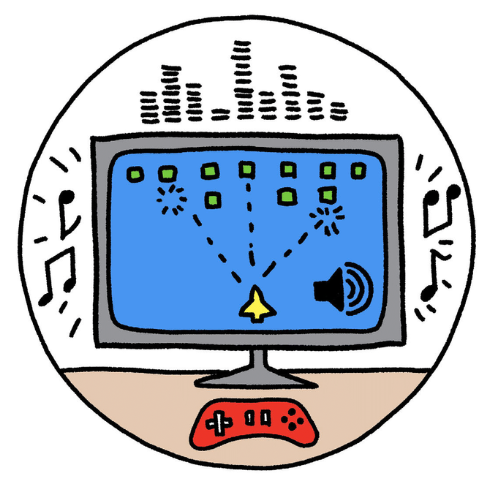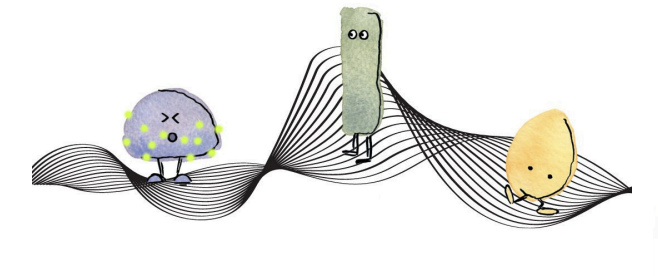Project Description:
Improving our understanding of how diseases spread within our communities is crucial for public health. We know from the Covid pandemic that our social decisions change our risk of catching diseases and infecting others. However, this can’t easily be studied in real life because people’s social interactions are so complex that they are hard to track. Because of this, we rely on computer models instead – however, these typically assume that people make perfect, consistent decisions, which isn’t realistic. So, we are building an online game world called ‘Nergal’ where players can explore, chat with other characters, and catch diseases within the game. This is a safe way to get semi-realistic data on how social interactions affect the spread of disease. We are using Impetus funding to make a version of Nergal playable by people with visual impairments. This will generate critical data for public health and act as an example of how citizen science games can be made more inclusive.
Project Type: Kick Starter
Theme: Justice and Equity, Health
Mentor: Neal Reeves
Project Overview
The project’s aim was to co-design and develop a sound-based version of a citizen science game to understand how social decisions influence the spread of diseases in communities.
This is difficult to study in real life because people’s decisions and social interactions are highly complex and hard to track. Computer models typically used to understand disease spread assume that people make perfect, consistent decisions, which is unrealistic. Therefore, we have been working together to create an online game world where players can explore, interact with other characters, and experience disease transmission within the game. This provides a safe way to collect semi-realistic data.
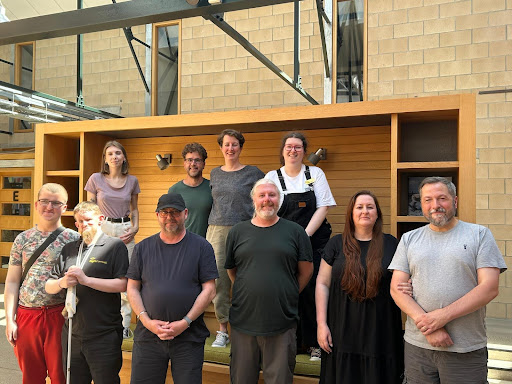
Photo of Workshop 1 participants – credit iSight Cornwall
The Royal Society has funded the main development of the game, and additional support from IMPETUS has enabled us to adapt it for individuals with visual impairments. These users rely on different cues and may form social networks in slightly different ways. This will provide valuable insights for public health, such as how better to protect this particular community during future disease outbreaks.
Project Implementation
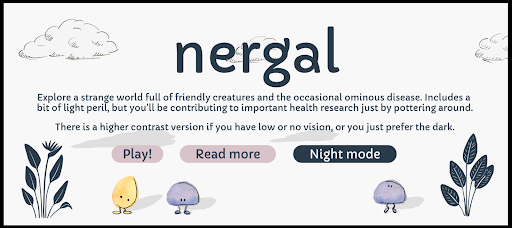
Screenshot from front page of the game – credit Then Try This
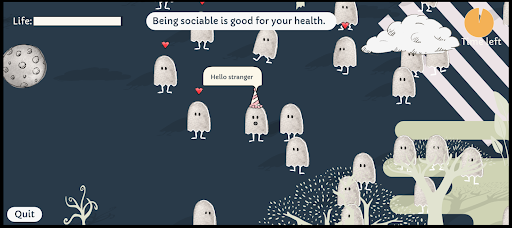
Screenshot from the ‘night mode’ of the game, in development – credit Then Try This
The project involves two co-design sessions with people with various types of visual impairments. The first session was held in July 2024 in Penryn (Cornwall, UK), yielding numerous game development ideas. Our second session will take place at the end of November 2024 to test our progress.
The game is scheduled for release in early 2025 and will feature two versions:
- Day Mode: Designed for sighted players.
- Night Mode: A high-contrast version for users with low vision, featuring full sound support for those with no vision. This mode will also be compatible with screen readers.
The game, named Nergal, will be browser-based, free to access, and open source.
Data Collection and Research
Once released, the game will collect data from online players worldwide. This data will include players’ movements, social interactions, and the spread of diseases within the game. The system will also record their social networks at the beginning and end of each session. Our goal is to publish this data in an open-access, peer-reviewed journal. Additionally, within the game, players can request to receive any resulting research publications via email once they become available.
Project team:
- Dr. Amber Griffiths (Director, Then Try This) – brought experience in disease research, and designing/delivering citizen science games.
- David Griffiths (Director, Then Try This) – brought experience in the games industry and development of numerous novel and complex systems for citizen science.
- Carole Theobald (Chief Executive, iSight Cornwall) – iSight Cornwall is a charity for supporting people with visual impairments.
- Dr. Matthew Silk (Research Fellow, University of Edinburgh) and Nitara Wijayatilake (PhD student, University of Edinburgh) are epidemiology researchers who will be analysing and publishing the resulting data.
- Francesca Willow is a social media and outreach expert (@ethicalunicorn) and has been handling our Instagram account for the project.
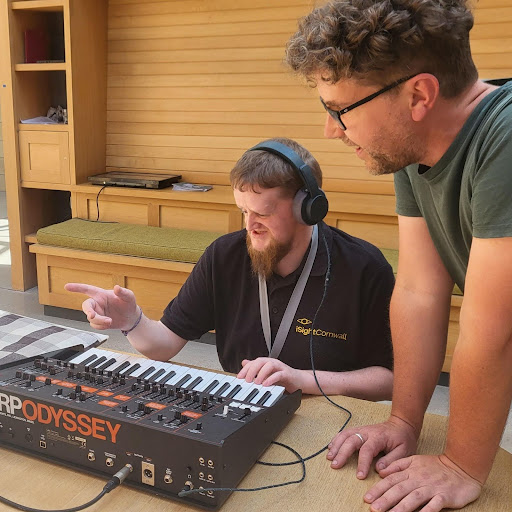
Photo from Workshop 1, playing with sounds for the game – credit iSight Cornwall

